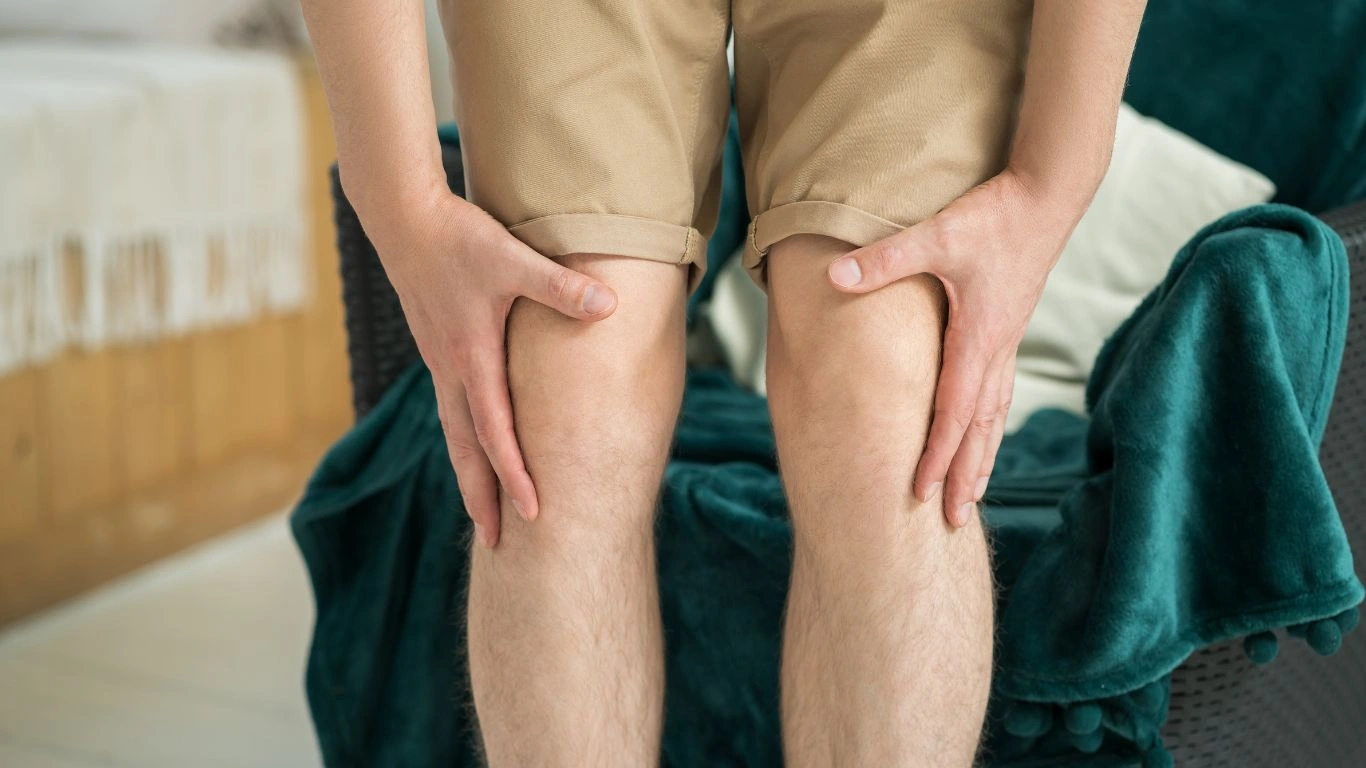Worst Foods to Avoid with RA Inflammation for Joint Relief
Rheumatoid arthritis (RA) is an autoimmune disease that causes your immune system to mistakenly attack your joints. This leads to pain, swelling, and stiffness, especially in the hands, wrists, and knees. While medications help manage symptoms, the foods you eat can also make a difference—both good and bad. Knowing which foods may worsen RA inflammation can help you feel better and keep flare-ups under control.
Understanding Rheumatoid Arthritis and Inflammation
RA is different from osteoarthritis, which comes from wear and tear. Instead, RA is a chronic condition where your immune system goes into overdrive and targets your joints. This leads to inflammation, which is your body’s natural way of responding to harm or infection.
Inflammation in RA is ongoing, not just a one-time response. Over time, it can damage cartilage and bone, leading to joint deformity. That’s why managing inflammation is so important for people with RA.
Some foods can make inflammation worse, while others may help calm it down. Learning which is which can be a useful tool in managing your RA symptoms day-to-day.
How Food Affects RA Inflammation
Inflammation in the body is partly controlled by chemical messengers called cytokines. These molecules signal immune cells to fight off perceived threats. Certain foods can increase cytokine production, making inflammation worse. Others may help reduce it.
Diet doesn’t cause RA, but it can affect how you feel. Some foods are high in saturated fats, refined sugars, or omega-6 fatty acids—all known to contribute to inflammation. On the other hand, anti-inflammatory foods like fruits, vegetables, and omega-3s from fish can support joint health.
When you eat foods that trigger inflammation, your immune system may stay on high alert. That can lead to more pain, swelling, and stiffness. By avoiding common dietary triggers, you may notice fewer flare-ups and improved well-being.
Foods to Avoid with RA Inflammation
Below is a list of foods commonly linked to increased inflammation in people with rheumatoid arthritis. Not everyone reacts the same way, but these foods are worth watching.
1. Processed and Fried Foods
- Fast food (fried chicken, fries, burgers)
- Frozen meals like pizza rolls or snack bites
- Packaged baked goods (donuts, pastries)
These foods often contain trans fats and refined oils, which are known to increase inflammation markers in the blood.
2. Sugar and Sugary Drinks
- Soda, sweetened iced tea, and fruit punch
- Candy, cookies, and cakes
- Flavored yogurts and breakfast cereals
Too much sugar can spike blood glucose and lead to the release of cytokines that promote inflammation. Try water, unsweetened tea, or fruit-infused water instead.
3. Red Meat and Processed Meats
- Beef, pork, lamb
- Sausages, bacon, and hot dogs
- Deli meats with added preservatives
These meats are high in saturated fat and can increase inflammation. They may also raise your risk for heart disease, which people with RA are already more prone to.
4. Refined Carbohydrates
- White bread and bagels
- Regular pasta and white rice
- Pastries, muffins, and many boxed snacks
These foods have a high glycemic index, meaning they raise your blood sugar quickly. That can fuel inflammation and make RA symptoms worse over time.
5. Dairy Products
- Whole milk, cheese, and butter
- Ice cream and cream-based sauces
Some people with RA report sensitivity to dairy. It may not be a trigger for everyone, but if you notice more joint pain after eating cheese or milk, it’s worth discussing with your doctor.
6. Omega-6 Fatty Acids
- Vegetable oils like corn, soybean, and sunflower oil
- Salad dressings and mayonnaise
- Chips, crackers, and other packaged snacks
Omega-6 fatty acids are essential in small amounts but can cause inflammation when eaten in excess, especially when not balanced with anti-inflammatory omega-3s (like those in salmon or walnuts).
7. Alcohol
- Beer, wine, and hard liquor
Alcohol can increase inflammation and may interact with some RA medications. While an occasional drink may be okay for some, heavy or regular use can worsen symptoms.
Signs That a Food Might Be a Trigger
If you’re unsure whether a certain food is making your RA symptoms worse, look for these signs:
- Joint pain or stiffness increases within 24–72 hours after eating
- You feel more tired than usual or experience a “flare”
- Increased swelling or redness in joints
- Upset stomach, headache, or mood changes
Keeping a food journal can help you track patterns and pinpoint possible triggers. Write down what you eat and how you feel afterward.
When to Talk to a Doctor or Dietitian
If you notice certain foods make your RA symptoms worse, talk to your healthcare provider. They can help you create a meal plan that supports your joint health without feeling too restrictive.
It may also help to work with a registered dietitian who has experience with autoimmune conditions. They can guide you through safe food swaps, supplements, and lifestyle changes that may ease inflammation naturally.
And remember, no single food causes or cures RA. But making smart food choices can support your treatment plan and help you feel better overall.
Start small—cut back on soda, swap out white bread for whole grain, or choose salmon over red meat once a week. Your joints might thank you for it.

Tarra Nugroho is a dedicated Nurse Practitioner with a strong foundation in family and preventive care. She brings both compassion and clinical expertise to her practice, focusing on patient-centered care and health education. As a contributor to Healthusias.com, Tarra translates medical knowledge into clear, empowering articles on topics like women’s health, chronic disease management, and lifestyle medicine. Her mission is simple: help people feel seen, heard, and informed—both in the clinic and through the content she creates. When she’s not caring for patients, Tarra enjoys weekend hikes, plant-based cooking, and curling up with a good health podcast.







